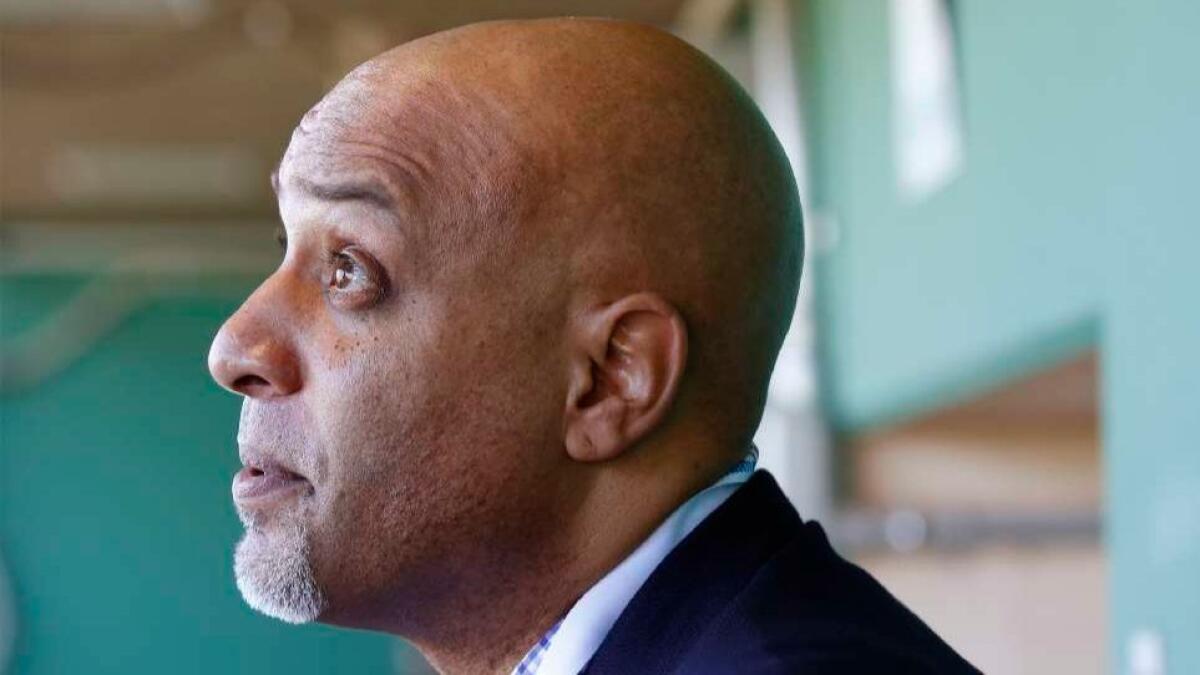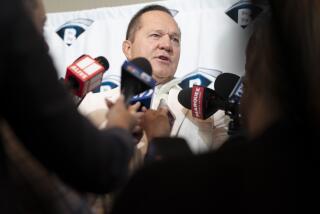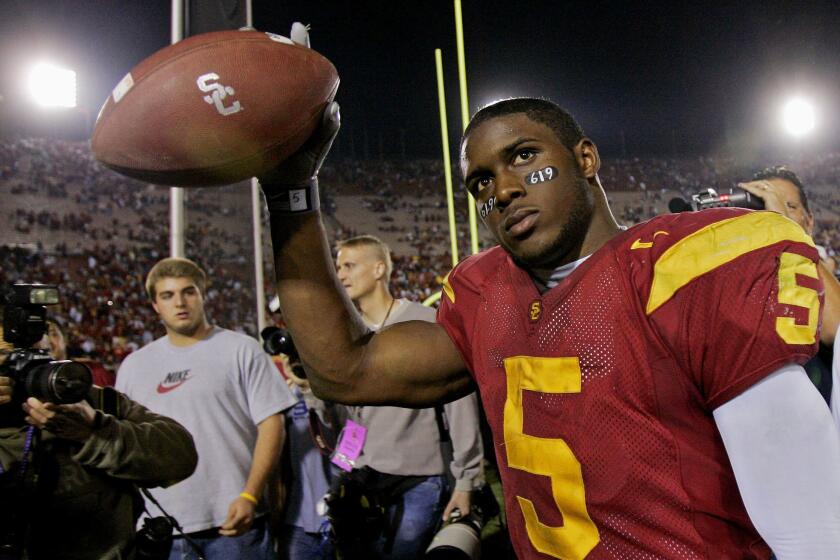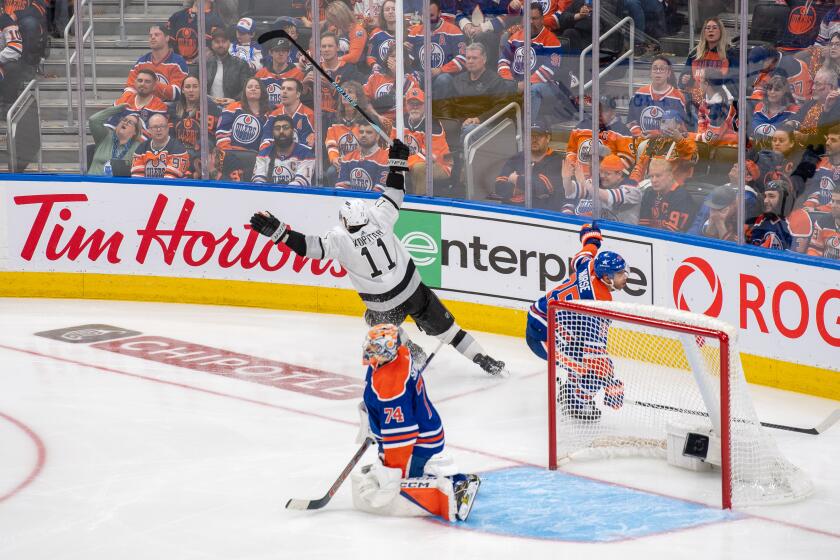Who is getting frozen out in free agency? Veteran leaders, as union chief Tony Clark used to be

Tony Clark, the embattled executive director of the Major League Baseball Players Assn., is the first former player to lead the union. As a player, Clark developed a reputation as a clubhouse leader, a trait that helped him secure employment as he transitioned from a first baseman good for 30 home runs per year to a player with value in platoon and backup roles.
Clark was 36 when the Arizona Diamondbacks signed him in 2009, for what turned out to be the final season of his career.
“His power can impact the game either as a pinch-hitter or as a starter,” said Josh Byrnes, Arizona’s general manager at the time. “His leadership and experience watching our club evolve over the last several years will help us tackle our next set of challenges.”
Stars such as Yu Darvish and Eric Hosmer might not yet have found contract offers to their liking, but they are not in jeopardy of unemployment.
However, in this winter of the free-agent freeze, veterans naming leadership and experience as selling points have largely been unable to find work, in part because an increasing number of teams are playing not to win. Those teams appear to have determined a marginal million or two or three is better spent on player development, or better saved for when the club is closer to contention.
In addition, the analytics revolution, in particular the concept of “replacement value,” has resulted in data showing veteran leaders toward the end of their careers may not be any more valuable on the field than a minimum-wage player promoted from the minor leagues.
That trend surfaced last offseason as well. As part of an expansive interview with The Times in April, Clark discussed how the veteran leader position he filled in 2009 had become an endangered species by 2017.
“The way the game is being analyzed and navigated now is much different than it has been,” Clark said. “It appears the teams that balance the analytics against the intangibles are the ones that best position themselves to have success.
“I’m not a huge analytics guy, but I understand them and can appreciate them. But I also know that in our game, seemingly more than most, the intangibles a player brings to the game can affect the outcome as much as any particular stat can. That’s why I suggest the balance between the analytics and those traits have a tremendous amount of value.
“It is apparent that the analytics aren’t valuing experience as much as they have in the past. I think that is a very dangerous proposition, if you are looking to put your club in a position to win.
“That’s not an indictment of youth, but it is an acknowledgment there is value to a veteran player who has weathered the storms of multiple seasons, navigated them well, still has the ability to play, and still can provide a perspective that a coach may not be able to provide, that a management person likely can’t provide, but that inevitably helps the group in the clubhouse achieve the goal on any given day, which is winning that day’s game.
“There’s no formula that’s going to suggest how to navigate issues in April versus July, or to navigate personal issues that often manifest themselves, or to present tips and options to players to get through a difficult stretch, or the history and experience that’s beyond the numbers related to a particular pitcher or a particular batter you may be facing.
“We have to be careful with believing we can quantify everything. If we’re not careful, the damage we’re going to do may be irreparable.”
Clark, through a union spokesman, declined to offer an update on those comments.
Follow Bill Shaikin on Twitter @BillShaikin
More to Read
Get our high school sports newsletter
Prep Rally is devoted to the SoCal high school sports experience, bringing you scores, stories and a behind-the-scenes look at what makes prep sports so popular.
You may occasionally receive promotional content from the Los Angeles Times.







